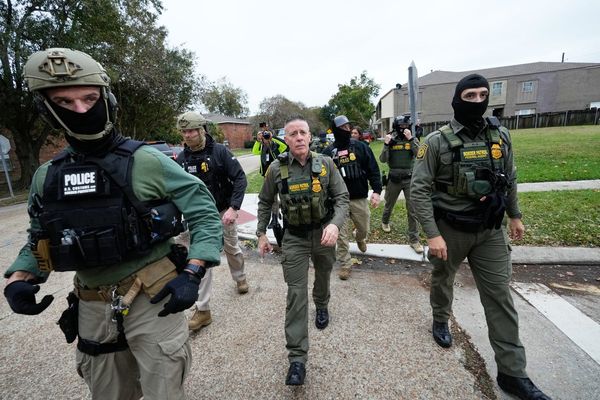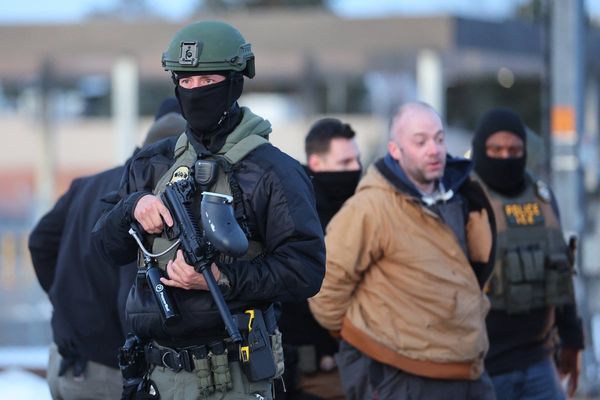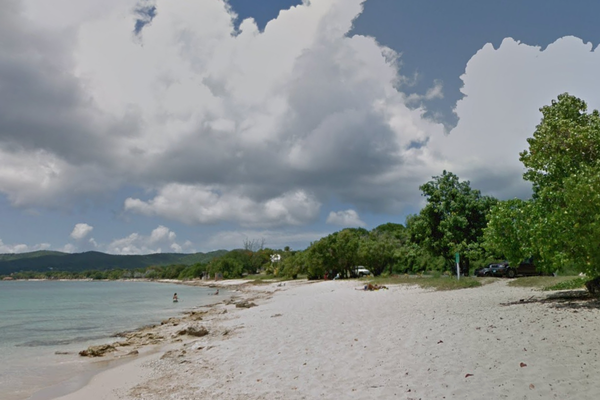
MANILA, Philippines - Republic Act No. 11479, known as the Anti-Terrorism Bill, is one of the most contentious laws in recent memory in the Philippines. The bill, which came into effect on July 18, has been subjected to impassioned criticism.
The main charges against the law are unwarranted arrest and the silencing of dissent.
Arrest without warrant
Critics say the Anti-Terrorism Act, which repeals the Human Security Act of 2007 (HSA), allows for warrantless arrests and is unconstitutional. Suspects can be jailed for up to 24 days without charge.
Under the HSA, a suspect can be detained for only three days and would be compensated automatically if found not guilty of the accusation. However, under the new law, suspects have to file a lawsuit to receive compensation.
Red-tagging and silencing dissent
Although Section 4 of the Anti-Terrorism Bill states that terrorism “shall not include advocacy, protest, dissent, stoppage of work, industrial or mass action,” critics maintain that that the law functions as a deterrent to dissent and the freedom of expression.
“Red-tagging,” a longtime government tactic of labelling dissidents as terrorists or communists, may become even more rampant as the new law grants unprecedented power to police.
A broad swatch of civil society groups have said the bill will enable the abuse of power by President Rodrigo Duterte, allowing him to silence critics in business, journalism, and in academia, while distracting from the health crisis.

Senator Risa Hontiveros, one of the two senators to vote against the bill, said that it was untimely, especially during Covid-19. She said that the government should address the pandemic, the health, and economic crisis rather than fast-tracking the bill.
“[It has occurred to me that even if this was pushed by the previous administration] which I was an ally of, even if it were still the Noynoy Aquino administration, I would still have voted against the bill," Hontiveros told CNN Philippines.
"All of us are against terrorist actions and it is the duty of the government to secure people's safety against terrorist actions, but not with this overly broad, vague, and subject to interpretation definition," she added.
International human rights organizations have made their opposition clear. Human Rights Watch said in a press statement that the law is a “human rights disaster in the making that will open the door to arbitrary arrests and long prison sentences for people or representatives of organizations that have displeased the president.”
HRW has long been documenting Duterte’s war on drugs, and the Anti-Terroism Bill is only the most recent human rights abuse the organization has taken aim at.
Amnesty International echoes HRW’s position in branding the Anti-Terror bill “a new weapon to brand and hound any perceived enemies of the state” that will intensify the aggression against those who defend human rights.

What do defenders of the Anti-Terrorism Bill say?
The bill’s defenders deny accusations that it violates human rights. Senate President Vicente Sotto III, one of the principal authors of the law said that it is filled with safeguards against abuse, but “strong against terrorists.”
Sotto also added that when a democratic government like the Philippines is threatened, the law can help “raise its arms in self-defense, protect the people from ruthless ideologies and stop unrepentant agitators from sowing mayhem and disorder.”
Congresswoman Lucy Torres-Gomez said that any fuss revolving around it, especially on social media is total “misinformation.” She said that the Philippines needs this law as the HSA “had no teeth.” In a statement to the media, Gomez explained that activism or expressing ire at the government isn’t terrorism, and the bill is not meant to send protesters or activists to jail.
“Remember, terrorists will not give us a holiday just because we are vulnerable. The enemies will always attack when we are at our weakest,” Gomez said. “There is no perfect time. We only have now.”
READ NEXT: Mass Arrests in the Philippines as Lockdown Tightens
TNL Editor: Nicholas Haggerty, Daphne K. Lee (@thenewslensintl)
If you enjoyed this article and want to receive more story updates in your news feed, please be sure to follow our Facebook.







